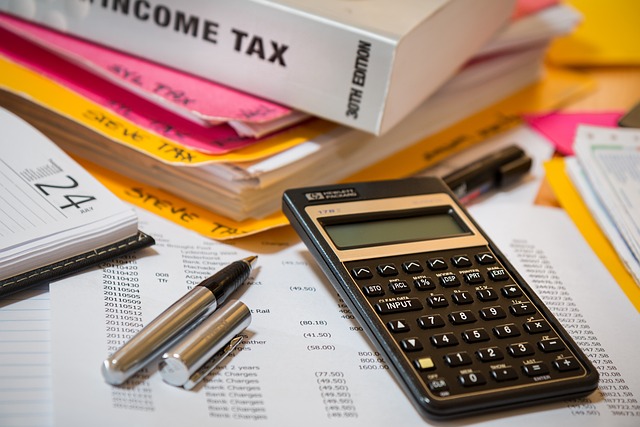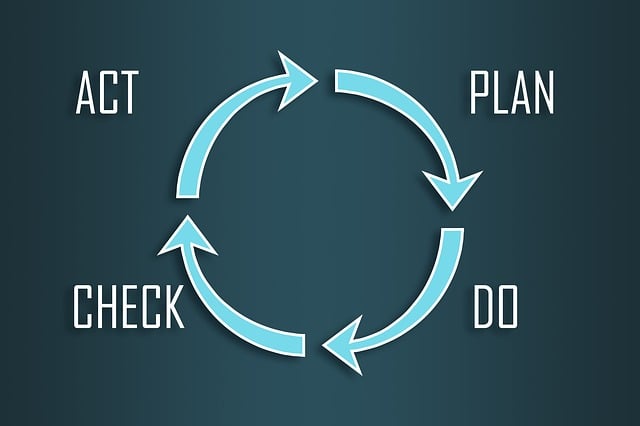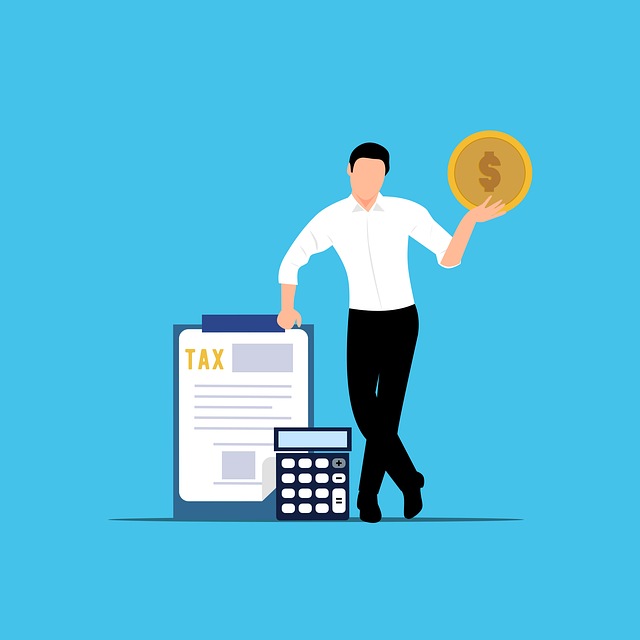South African sole proprietors must master self-employment tax planning to avoid penalties, optimize finances, and ensure growth prospects. This includes understanding mandatory contributions, accurately calculating taxable income, deducting eligible business expenses, and adhering to tax return deadlines. Effective strategies involve record-keeping, exploring structural options, consulting tax advisors, and engaging professional accountants for tailored advice and compliance.
As a sole proprietor in South Africa, maximizing tax deductions can significantly impact your financial bottom line. This comprehensive guide delves into the intricacies of self-employment tax planning, offering insights tailored to local regulations. From understanding your obligations to leveraging common expense deductions and implementing effective tax-saving strategies, this article equips you with essential knowledge. By maintaining meticulous records and seeking expert advice, South African sole proprietors can optimize their self-employment benefits and navigate the tax landscape with confidence.
- Understanding Self-Employment Tax Obligations in South Africa
- Common Expenses for Sole Proprietors Eligible for Deductions
- Utilizing Tax-Saving Strategies for Optimal Self-Employment Benefits
- Documenting and Keeping Detailed Records for Tax Season
- Consulting a Professional Accountant: The Best Practice for South African Sole Proprietors
Understanding Self-Employment Tax Obligations in South Africa

In South Africa, sole proprietors have specific tax obligations related to their self-employment. It’s crucial to grasp these responsibilities early on to avoid unexpected penalties and ensure optimal financial management. Self-employment tax planning is a strategic process that involves understanding contributions for social security, old age, and medical aid, which are mandatory components of running a business in South Africa.
Effective self-employment tax planning requires staying informed about taxable income calculation, allowing deductions for business expenses, and adhering to prescribed deadlines for tax returns. By proactively managing these aspects, sole proprietors can minimise their tax burden and maximise deductions, ultimately contributing to improved financial health and growth prospects.
Common Expenses for Sole Proprietors Eligible for Deductions

In South Africa, sole proprietors can claim a range of expenses as deductions to reduce their taxable income and improve overall self-employment tax planning. Common outlays that are eligible for deductions include office supplies, equipment, and tools directly related to business activities. Rent, utilities, and internet connectivity costs incurred from operating from home or a commercial space are also deductible, provided they meet specific criteria. Furthermore, travel expenses, including transport, meals, and accommodation, are permissible as long as they are necessary for business purposes, such as visiting clients or attending industry events.
Professional services like accounting, legal fees, and insurance premiums are valid deductions, showcasing the importance of thorough record-keeping for sole proprietors. Interest on business loans and certain types of donations to registered non-profit organisations can also be claimed, offering opportunities to mitigate tax liabilities effectively.
Utilizing Tax-Saving Strategies for Optimal Self-Employment Benefits

Many South African sole proprietors can enhance their tax position by implementing strategic self-employment tax planning. This involves a range of techniques designed to reduce the overall tax burden and maximize deductions. By carefully managing expenses, from office supplies to vehicle usage, businesses can take advantage of available tax breaks. Keeping detailed records is key; this enables entrepreneurs to accurately substantiate claims and ensure compliance with tax regulations.
Effective self-employment tax planning includes considering structural options, such as incorporating a business or utilizing partnerships, which can offer unique benefits for tax optimization. Consulting with an accountant or tax advisor familiar with South African laws is also advisable. They can guide individuals through the intricacies of tax legislation, helping them make informed decisions to take full advantage of available deductions and legal loopholes.
Documenting and Keeping Detailed Records for Tax Season

When it comes to self-employment tax planning in South Africa, proper record keeping is paramount. As a sole proprietor, every receipt, invoice, and expense related to your business activities should be meticulously documented. This includes tracking all income received, expenses incurred, and any investments made in your business. Detailed records not only help you stay organized but also serve as robust evidence for tax deductions when filing your returns.
During tax season, having comprehensive and accurate records will streamline the process, potentially reducing your taxable income significantly. Be diligent in logging every transaction, ensuring all documents are securely stored, preferably electronically, to easily retrieve them when needed. This proactive approach to self-employment tax planning in South Africa can save you time, money, and potential headaches down the line.
Consulting a Professional Accountant: The Best Practice for South African Sole Proprietors

For South African sole proprietors navigating the complexities of self-employment tax planning, consulting a professional accountant is an indispensable best practice. These experts possess in-depth knowledge of the country’s tax laws and regulations, enabling them to identify potential deductions and savings that might otherwise be overlooked. By enlisting their assistance, entrepreneurs can ensure compliance with tax obligations while maximising legitimate expense claims, ultimately leading to significant financial benefits.
A qualified accountant can provide tailored advice based on each individual’s unique business circumstances. They guide clients through the intricate process of documenting expenses, from office supplies and travel costs to vehicle usage and insurance, helping them maintain accurate records crucial for claiming deductions. Moreover, these professionals stay abreast of any changes in tax legislation, ensuring their clients remain informed and proactive in optimising their financial strategies.







